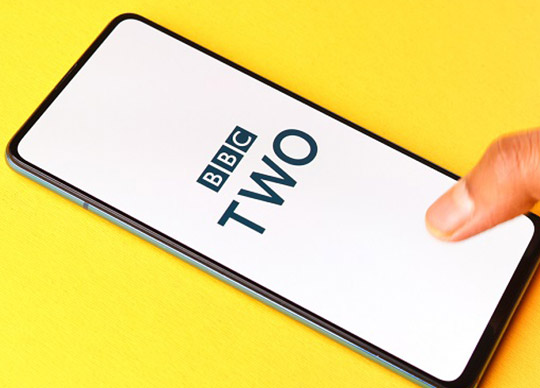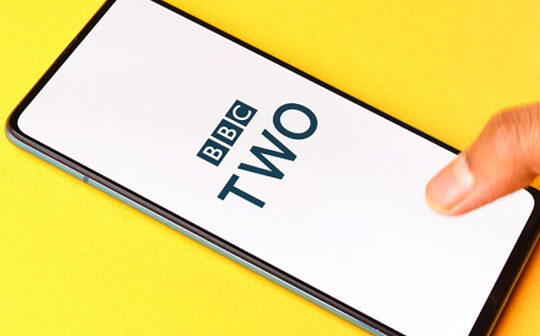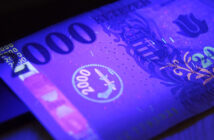
Written by Sarosh Bana, Mumbai Correspondent.
Soon after India’s stock markets imploded following a scathing Hindenburg report that targeted the Adani conglomerate of the government-favoured industrialist, Gautam Adani, then the world’s second richest man after Louis Vuitton’s Bernard Arnault, the Bharatiya Janata Party (BJP)-led government was inflamed yet again with the emergence of a two-part BBC documentary critical of Prime Minister Narendra Modi.
The government branded the British Broadcasting Corporation “anti-national” and a “threat to the nation” for portraying the Prime Minister’s role in the 2002 pogrom against Muslims in the western state of Gujarat when he was its Chief Minister.
The BBC documentary was meant for broadcast only on BBC 2, a free-to-air public broadcast television channel that is geo-restricted for viewing only by UK audiences. But the damning footage made its way into India where social activists and opposition parties shared clips on WhatsApp, Telegram and Twitter, and students screened it on campuses.
A panic-stricken government sent troops of Income-Tax officials to raid BBC’s New Delhi and Mumbai offices over several days, but the action was described as a “survey” rather than raids. It also sent police, clad in riot gear and equipped with tear gas, to arrest students at Jamia Millia Islamia university in New Delhi ahead of a planned screening, and cut power and internet at the Jawaharlal Nehru University campus, also in New Delhi, to prevent students from screening the documentary. Riot police were out in strength to intimidate the students, and they were also deployed at the University of Hyderabad in southern India where its management was investigating a screening by students circumventing the ban.
In its determination to erase all traces of the documentary, the government invoked the contentious Rule 16 of the Information Technology Act that grants authorities emergency powers to block information to the public as and when they deem fit. It directed social media platforms like Twitter and YouTube to block links to the documentary, which the Ministry of External Affairs condemned as a ‘propaganda piece’. “The bias and the lack of objectivity and, frankly, continuing colonial mindset are blatantly visible,” commented MEA spokesperson Arindam Bagchi.
The effective ban roused even greater attention among social media users, who exchanged QR (quick response) codes for recipients to scan so they could stream the documentary on their mobile phones or laptops. The documentary has had its fallout even overseas, with Modi supporters clashing with critics of the Indian government who advocated free speech.
Titled ‘The Modi Question’, the documentary highlights an unpublished report of the UK Foreign Office that holds Modi “directly responsible” for the “climate of impunity” that enabled the violence, and which had “all the hallmarks of an ethnic cleansing”. It also reveals memos by the British government and Western diplomats, including former British Foreign Secretary Jack Straw, which unequivocally criticise Modi’s conduct at the time, while showing the Gujarat police standing by as Hindu mobs attack Muslims and ransack their houses and mosques.
While Hindu-Muslim acrimony has prevailed in India for long, the 2002 Gujarat riots were one of the more sordid instances of communal violence, and were a reprisal against the charring to death of 59 Hindu pilgrims – men, women and children – when a train carrying them from the Hindu pilgrimage place of Ayodhya was set afire when it arrived in Gujarat on 27 February 2002. The cause of the fire remains disputed, but many have accused the Muslim community for this attack.
The protracted rioting that followed was officially cited to have taken a toll of 1,044, with 2,500 others injured, and 223 missing. Of the dead, 790 were Muslim and 254 Hindu, but other estimates varied in excess of 2,000 to even around 3,000.
Modi has consistently denied all involvement, and India’s Supreme Court too last June upheld his exoneration, among 64 others, by the court’s Special Investigation Team (SIT), and dismissed the petition against them as “devoid of merit”.
The BBC documentary, however, cites the apex court ruling and also features interviews with senior BJP leaders who support Modi and who strongly deny his involvement in the riots. The show’s producer besides indicates that “more than 30 people” in India had declined interviews out of fear for their safety.
In the midst of the BBC furor, the Supreme Court dismissed as ‘entirely misconceived’ a petition by right-wing Hindu Sena chief Vishnu Gupta that sought a ban on BBC operations in India altogether. Equating Modi with India, Gupta argued that the “anti-India” BBC documentary was a “deep conspiracy against global rise of India and its Prime Minister, Shri Narendra Modi (which)… is not being digested by anti-India lobby, media, particularly BBC” (sic). Gupta’s lawyer Pinky Anand told the court: “Kindly see the background when the documentary has happened. Today you have a position when you have an Indian as the Prime Minister of the UK. India is rising as an economic power.”
Organiser and Panchjanya, the English and Hindi language mouthpieces of the BJP’s ideological mentor RSS, or Rashtriya Swayamsevak Sangh, too alleged that the BBC documentary was “propaganda” to defame India. “When India is going through a massive transformation and becoming a major centre of power, the BBC has come up with a series of propaganda documentaries to tarnish India’s image and its leadership,” said a Panchjanya editorial.
Opposition party leaders claim that the Modi regime is becoming a laughing stock globally, when it feels itself and the nation threatened by a mere documentary, even as it claims to be a world power. They even derided the government for equating Modi with the nation, by attacking any criticism against the Prime Minister as a push against the country. They believe this tendency is taking alarming proportions, with even the New York-based Hindenburg’s report critical of Adani being interpreted as a ploy to challenge India.
Former BJP leader, and now its strident critic, Yashwant Sinha, pointed out that no less a personage than then BJP Prime Minister Atal Bihari Vajpayee – credited to be Modi’s political mentor – was disquieted enough by the 2002 carnage to seek Modi’s dismissal as Gujarat Chief Minister at the time. He withheld his decision when his close colleague and then Home Minister L.K. Advani threatened to resign from the Cabinet on the issue.
Indeed, Modi had become an international pariah following the massacre, when Washington denied him a visa just as he was preparing to travel shortly after to New York to address Indian-Americans there. The State Department of the George W. Bush administration invoked a little-known law, namely, the International Religious Freedom Act of 1998, which had set up new mechanisms to combat religious persecution, including debarring offenders from travelling to the US. Modi is the only person ever denied a visa to the US under this provision, confirm US officials.
Other Western nations followed suit, until the time the ban was lifted by President Barack Obama once Modi became Prime Minister. The Indian leader capitalised on this by travelling to the US seven times till now.






